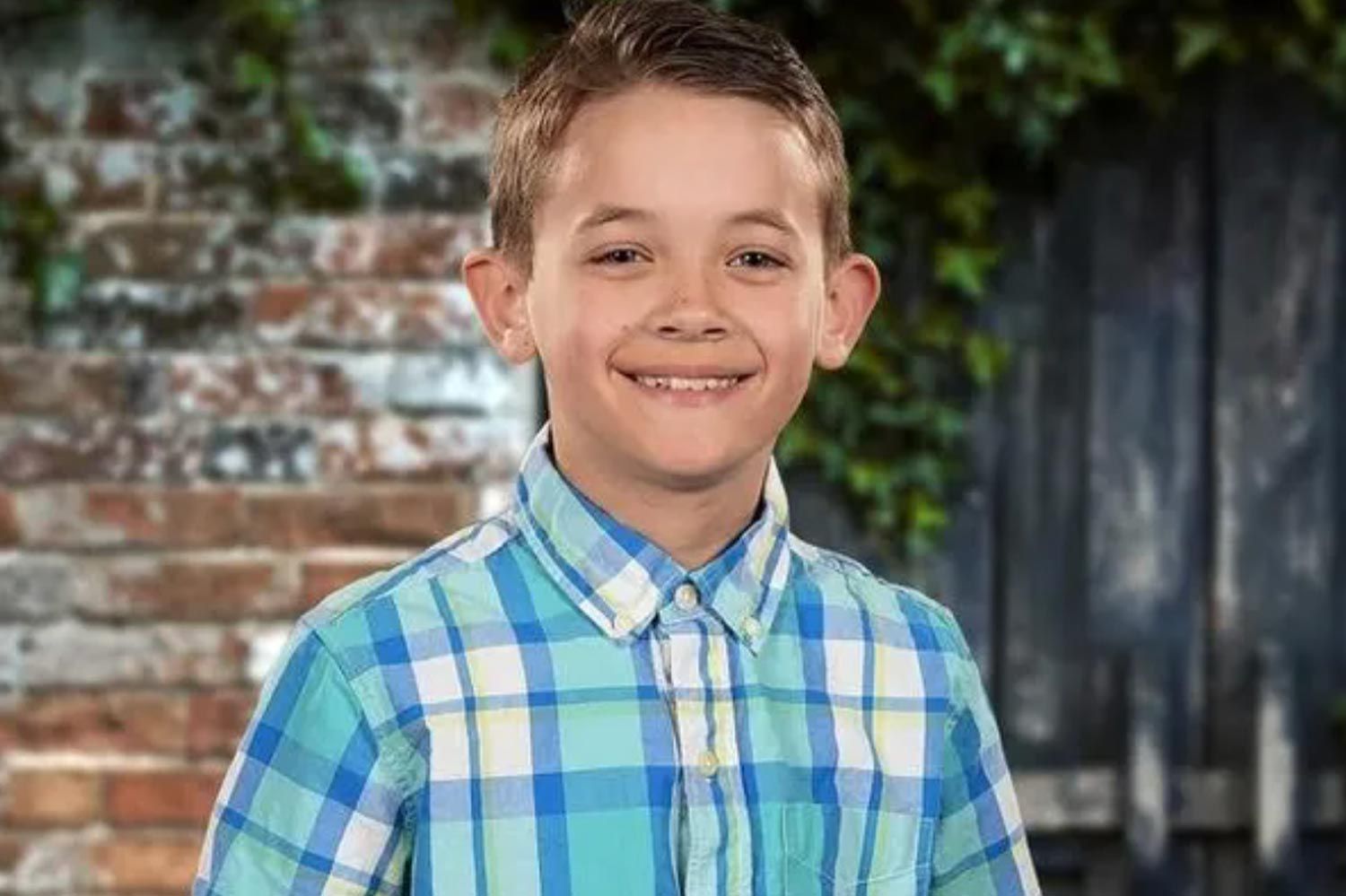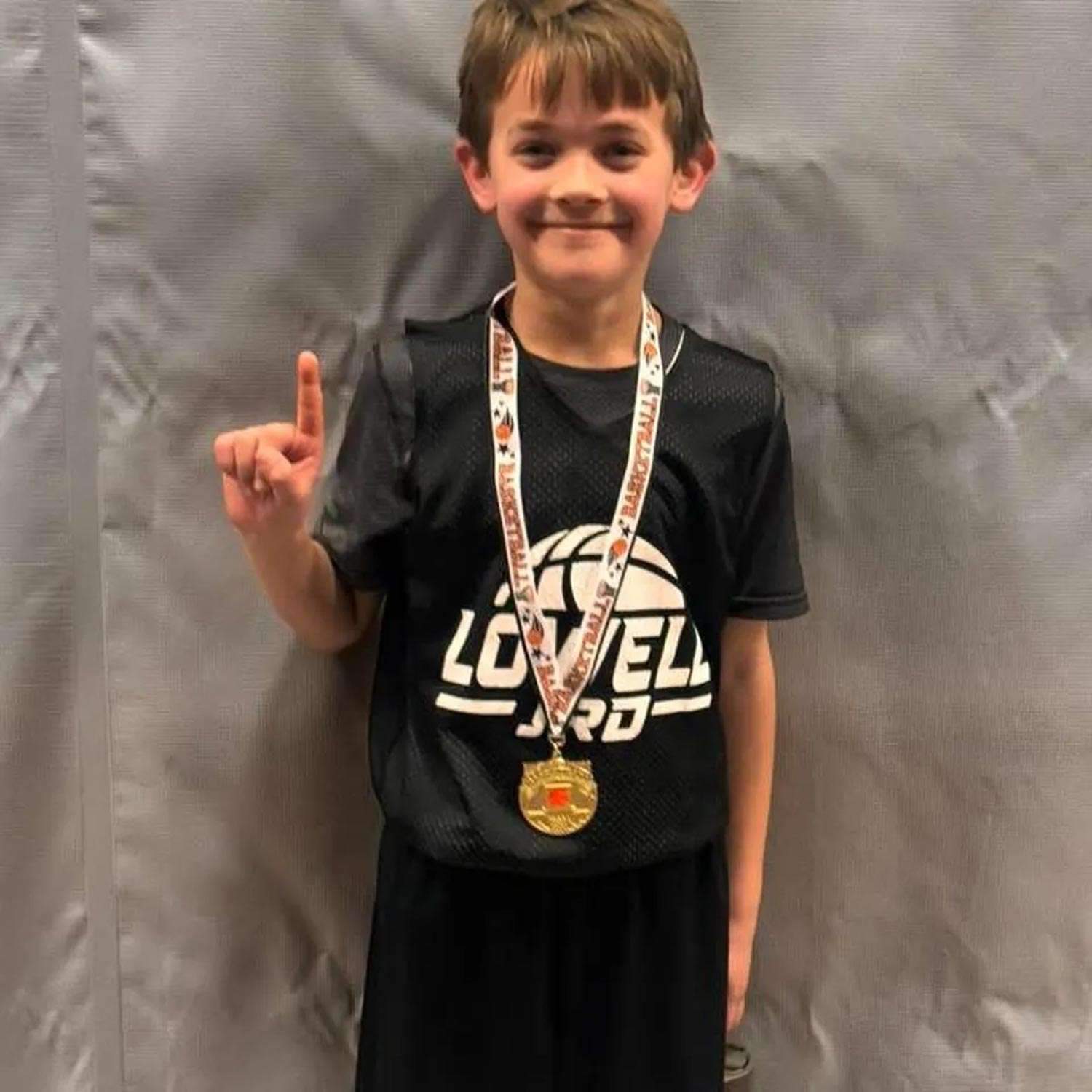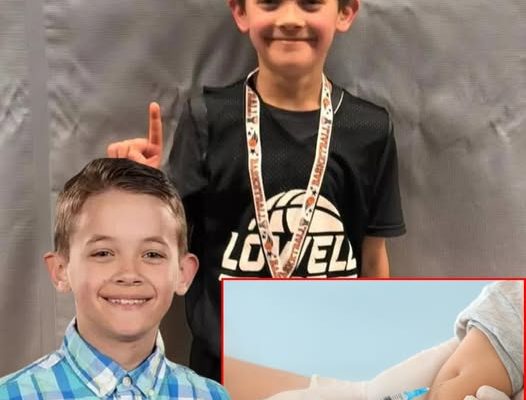- Boy, 8, Contracts Rare Bacterial Illness, Dies 16 Hours Later: ‘I Could Feel His Little Heartbeat Fade Away’

Ashlee Dahlberg’s son, Liam, came home from school with a headache; the next day he was rushed to the hospital, nearly unresponsive
An MRI that showed the 8-year-old’s brain and spinal cord were covered by invasive Haemophilus influenzae bacteria, a sign of untreatable meningitis
Dahlberg is urging others to vaccinate their children against Hib, as doctors say Liam likely caught it from an unvaccinated child
An 8-year-old Indiana boy died of a rare bacterial infection after he likely caught it from an unvaccinated child, according to doctors.
“This is not your typical everyday flu,” Ashlee Dahlberg said in an interview with WHTR, where she shared how invasive Haemophilus influenzae, also known as “H. flu,” or “Hib” killed her son within hours.
Liam Dahlberg came home from school in April with a headache. The next morning, the family rushed the barely responsive child to the hospital. An MRI revealed the unthinkable: “They discovered the amount of bacteria that was covering his brain and his spinal cord,” his mother told the outlet. “At that point in time, that’s when there was there was nothing they could do.”

Haemophilus influenzae causes a type of bacterial infection, the Cleveland Clinic explains, that despite its name, is unrelated to the flu. A mild infection causes bronchitis; more severe outcomes include septic arthritis, septicemia — and as was the case with Liam, meningitis (infection in the brain and spinal cord).
She shared a video of her son writhing in pain and moaning in the hospital, telling the outlet, “I would never wish this kind of pain on my worst enemy ever. To have sat there and listened to the doctor say you did everything right, but there was just nothing we could do, and then to lay there with him as they took him off life support. And I could feel his little heartbeat just fade away.”
Pediatrician Dr. Eric Yancy told WHTR that the disease was “absolutely devastating” before the vaccine was available. He said it was likely Liam caught Hib from someone unvaccinated — possibly a child, as vaccination rates have fallen.
As the Children’s Hospital of Pennsylanvia (CHOP) explains, before the Hib vaccine was introduced in 1985, about 20,000 children in the United States would develop serious, sometimes fatal infections. “Most children harmed by Hib were previously healthy and well nourished,” CHOP says, adding that children who recover from a Hib infection may be left paralyzed, deaf, blind, or mentally impaired.
It’s spread through respiratory droplets, the Cleveland Clinic explains, and can be contagious even if the person infected doesn’t exhibit symptoms.
“Liam was a bright and smart young boy, full of life and potential. His presence brought joy and warmth to everyone he met,” his family wrote in a GoFundMe established to help pay their unexpected medical costs.
“There’s no words that can describe that pain,” Dahlberg told WHTR. “I feel I have failed my child because I could not protect him from everything that would cause harm.”



